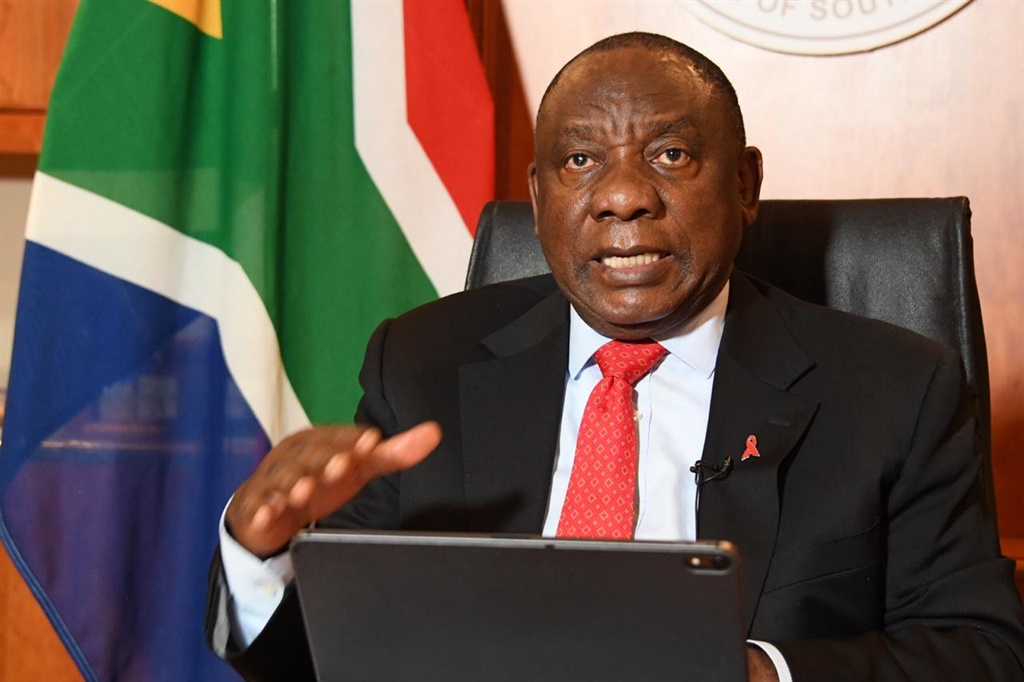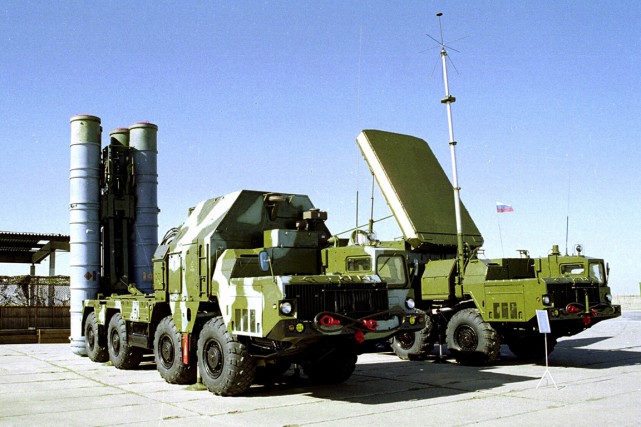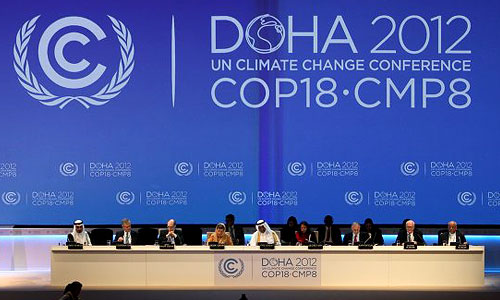South Africa became the first African country to take over the G20 presidency on Sunday (1 December), which may also be the most challenging yet amid growing global political instability and shifting world order.
As the first African country ever to lead the forum, Pretoria said that while it aims to focus on issues such as inclusive growth and climate change, risks are high it would bump up against the hard reality of diplomatic tensions and trade wars. But with members such as the United States, Russia and China now locked in open rivalry over trade, wars in the Middle East and Ukraine and spheres of influence in Africa and East Asia, global polarization complicates the G20’s stated mission. South Africa is the fourth emerging market in a row to assume the G20 presidency, which rotates annually, after Indonesia, India and Brazil.
South African president Cyril Ramaphosa has said his country would seek to build on the work of those predecessors. According to a recent analysis by the Africa Policy Research Institute (APRI), “Africa’s growing debt crisis, exacerbated by economic shocks, the impacts of climate change and inadequate global responses, highlights the urgent need for South Africa’s G20 presidency to advocate for innovative, inclusive, sustainable and long-term debt strategies that strengthen African nations’ agency and financial resilience.” But the Abuja-based think-tank cautions that “the challenges ahead are significant … Africa’s sovereign debt crisis, compounded by the growing threat of climate change, requires urgent and comprehensive action.”



